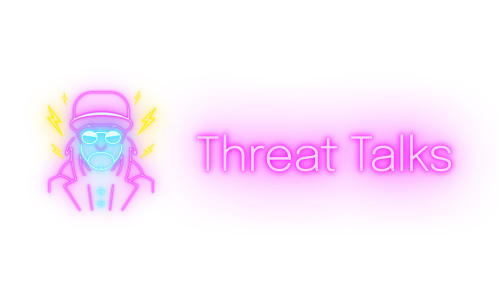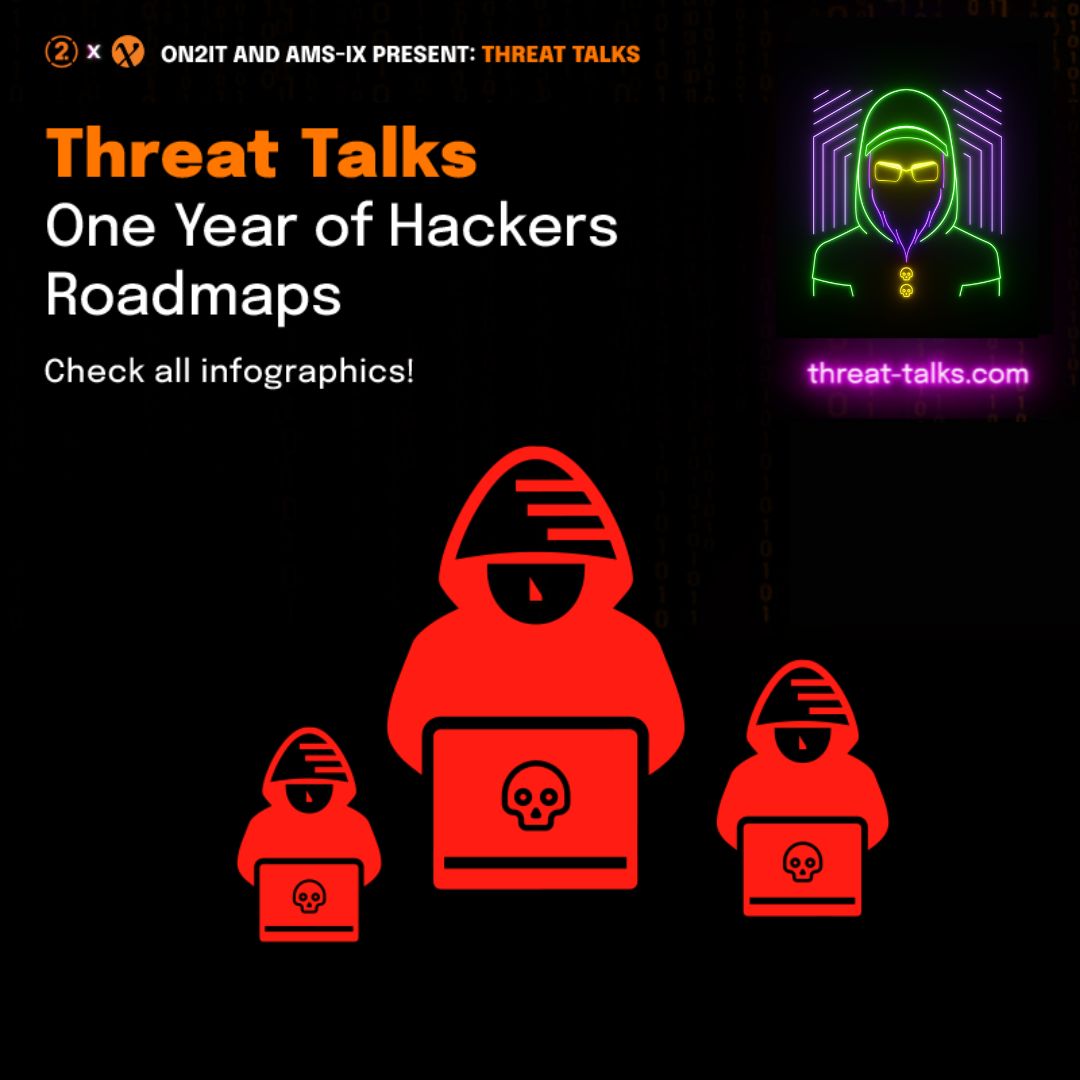Defend Against Hacktivist Groups like APT Handala
Find Threat Talks on
How To Defend Against Hacktivist Groups like APT Handala
Hacktivist groups like APT Handala aren’t driven by money. They’re fueled by politics, disruption, and the desire to make headlines. In this episode of Threat Talks, host Lieuwe Jan Koning sits down with SOC analyst Yuri Wit and Field CTO Rob Maas to break down how these groups operate.
The team walks through the seven steps of the Lockheed Martin kill chain, showing how APT Handala chooses targets, launches attacks, and what organizations can do to fight back.
What we cover
· What hacktivists are and what motivates them
· APT Handala’s tactics during the Israel conflict
· How phishing, wipers, and credential dumps are used
· The role of awareness vs technical defenses
· Best practices for detection and prevention at each kill chain stage
Your cybersecurity experts
Episode details
How To Defend Against Hacktivist Groups like APT Handala
Hacktivism is psychological warfare disguised as IT trouble. The panel walks the Lockheed Martin kill chain, showing where Handala invests effort—and where you should break momentum. Recon is social. Delivery is fast. Exploitation leans on phish, dumps, and credential stuffing. Installation aims for disruption, not domain admin. That’s the blind spot: attackers don’t need everything to hurt you.
Defense becomes simple when you accept human error as permanent. Build for it. Use strict mail hygiene, sandboxing, and “assume-clicked” URL policies. On endpoints, pair tight allow-lists with EDR software that kills suspicious behavior mid-run. For command and control, block newly registered domains, detect DGA patterns, and enforce egress deny-by-default—especially on servers. Zero Trust isn’t a slogan here; it’s the playbook that keeps a single mistake from becoming a public incident.
Get your Hacker T-shirt
Join the treasure hunt!
Find the code within this episode and receive your own hacker t-shirt for free.







